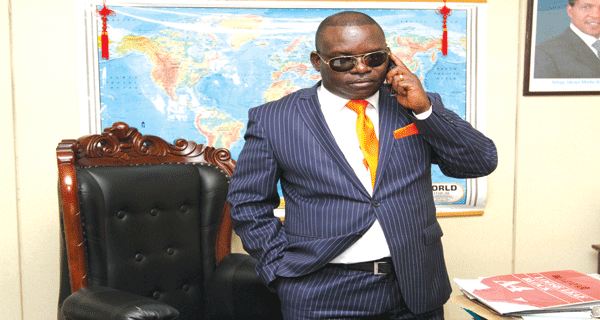×
The Standard e-Paper
Kenya’s Boldest Voice
 |
| Paul Kobia in his element |
By David Odongo and Solomon Koko
Few Nairobians knew much about Paul Kobia before March 2011 when a furious President of a troubled neighbouring country made an impromptu visit to Kenya.